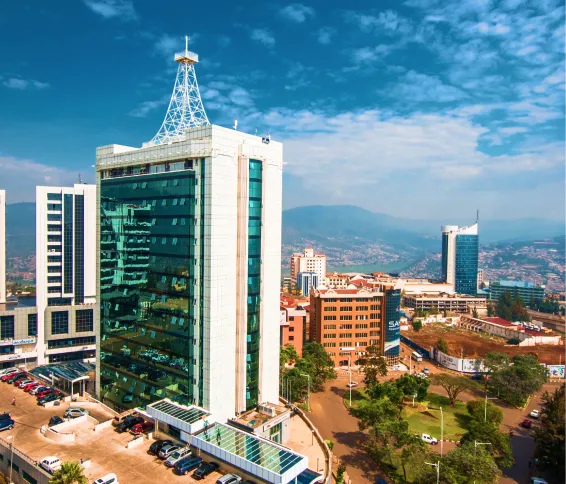Rwanda’s President, Paul Kagame, has said that artificial intelligence (AI) could contribute up to 5% of the country’s GDP, unlocking major advances in education, agriculture and other priority sectors, as African nations accelerate efforts to secure their place in the global AI landscape.
Speaking at the Transform Africa Summit in Guinea Conakry, Kagame highlighted that Rwanda has already established the foundations for responsible AI adoption through the development of a national artificial intelligence policy.
The policy aims to guide the country’s ambitions, strengthen regulatory readiness and ensure that emerging technologies are deployed safely and ethically.
“Artificial intelligence is expected to contribute five per cent to our GDP, bringing innovation and expertise to education and agriculture, among other sectors,” Kagame said. “We have laid the ground with the development of a national AI policy to guide our ambitions.”
Kagame also reflected on the origins of the Transform Africa Summit, which was launched in Kigali more than a decade ago.
The initiative marked the beginning of a continent-wide push for broadband expansion and digital infrastructure; an effort that later led to the creation of the Smart Africa Alliance, now comprising 42 member states focused on driving digital integration across Africa.
Despite this progress, Kagame cautioned that Africa faces a far more complex technological environment today, with innovations emerging at unprecedented speed. He stressed that the continent’s competitiveness will depend not only on rapid adoption, but on selecting the most impactful, locally relevant use cases. Africa’s young and fast-growing workforce, he noted, remains one of its strongest assets.
However, Kagame warned that persistent gaps in infrastructure, digital skills, and research capacity continue to slow Africa’s progress. He called for deeper collaboration between the public and private sectors to close these structural gaps.
Kagame also addressed global concerns regarding AI’s impact on jobs, data privacy and safety. While acknowledging that some fears are valid, he said much of the anxiety stems from uncertainty.
“Regardless of the sentiment, this new reality is here to stay,” he said. “Science and technology have always been engines of creativity and performance. Humanity has been better for it.”
In his opening remarks, Lacina Koné, Director General of Smart Africa, emphasised that AI represents far more than technological advancement, rather, it offers an opportunity to reshape Africa’s development trajectory.
“Artificial intelligence is more than just technology; it is an opportunity to rethink Africa’s development through our talent, creativity, and realities. AI must become a tool of transformation serving African citizens. Our objective is to build an inclusive, competitive, and sustainable African digital ecosystem,” Koné said.

